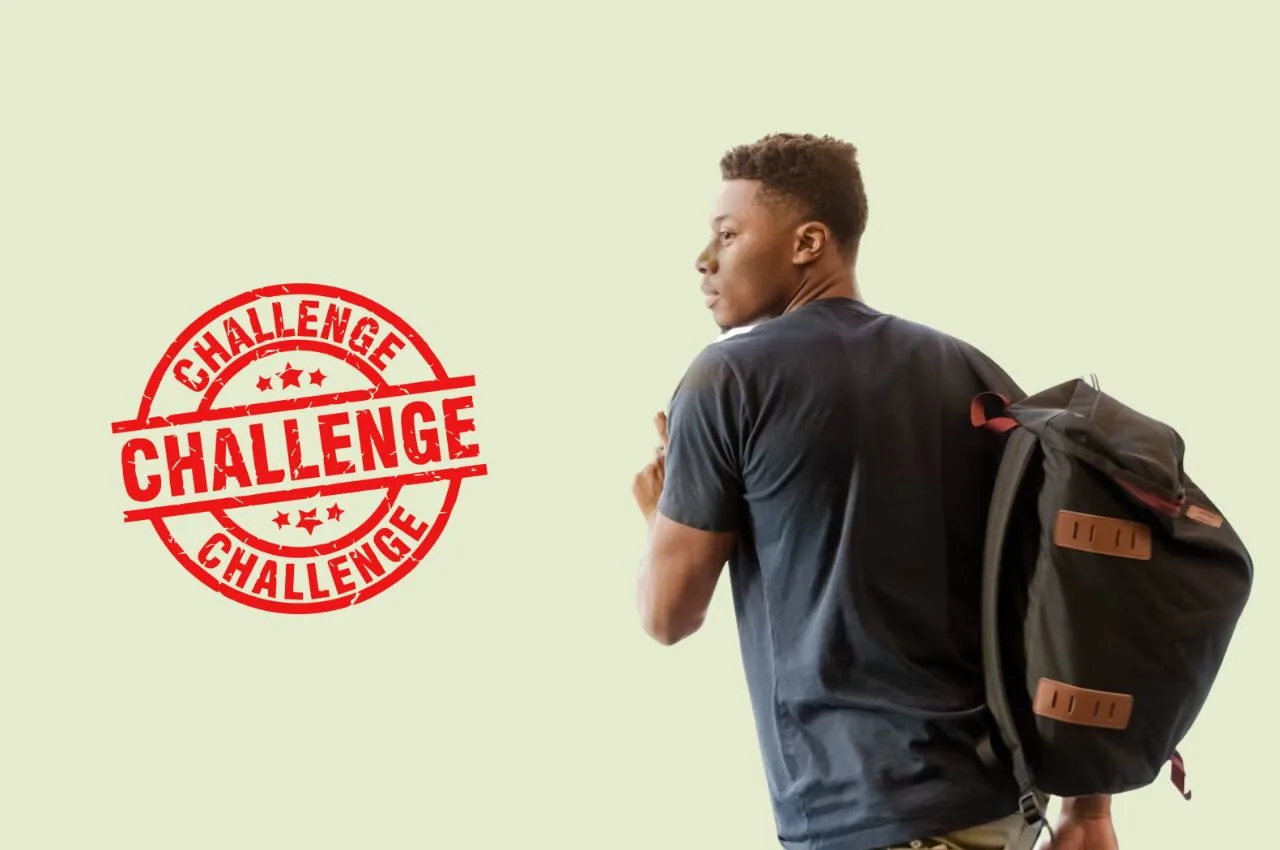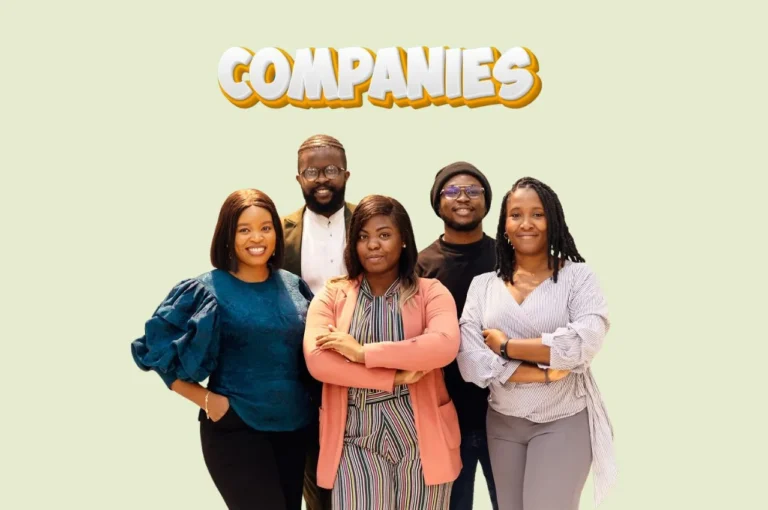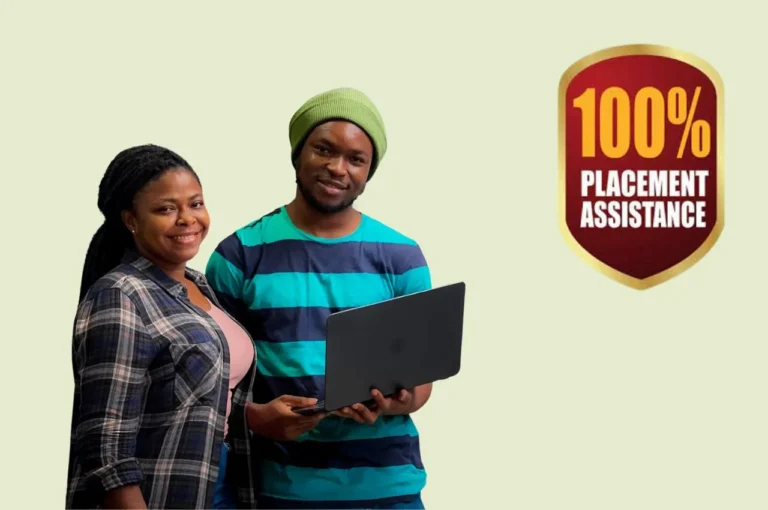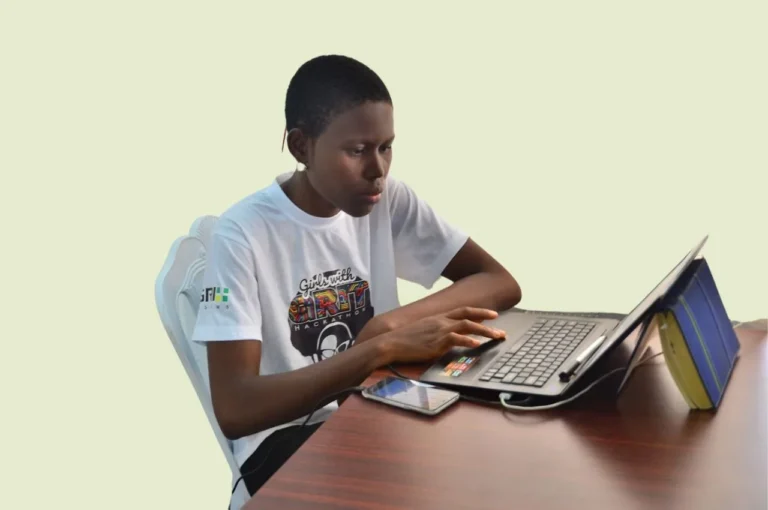SIWES Industrial Training in Nigeria: Challenges and Solutions

The Students’ Industrial Work Experience Scheme in Nigeria helps students gain real-life work experience, but it also comes with challenges.
The programme should be a smooth and beneficial experience, helping students gain practical skills, industry exposure, and workplace confidence.
However, in reality, many students face difficulties during their training.
Here are some common problems students face during SIWES and ways it can be solved:
1. Lack of Orientation
Most Nigerian students doing SIWES are not properly informed by their schools and departments about the programme.
Many are not guided on how to make payments for their receipts, forms, and logbooks.
Because of this, some students secure a placement late which affects their training experience.
To solve this, schools should orientate their internship students.
Students should be taught and shown how to:
- Pay, collect, and submit their receipts, forms, and logbooks.
- Write and submit their application letters.
- Properly fill in their logbooks.
- Write and present their SIWES reports.
2. Poor Supervision
Some students do not get guidance from experienced workers in their workplace.
Without a mentor or supervisor, you may not know what to do or how to improve.
You should have a mentor or supervisor who will guide you, answer your questions, and help you learn.
The schools and departments should ensure to always try to make out time to visit their internship students in their various workplaces to monitor, grade and advise them on the right things to do.
They should also ensure that the students actually benefited from the programme instead of only being interested in signing logbooks and grading reports.
3. Lack of Hands-on Experience
Some students do not get proper training.
Instead of learning useful skills, they are asked to do small jobs like photocopying documents or running errands.
Companies should ensure students work on tasks that match their course of study.
Schools should also make sure students are placed in industries where they will gain relevant skills.
4. Difference Between School Learning and Industry Needs
Sometimes, what students learn in school does not match what is required in the workplace.
This makes it difficult for them to apply their knowledge during SIWES.
Schools should update their curriculum to match industry needs.
There should be regular meetings between universities and companies to ensure students are learning relevant skills.
5. Short Training Period
One big challenge students face is that SIWES lasts for only a few months (usually 3 to 6 months, or at most 1 year).
Because of this short time, students may not fully understand their field of study or get enough practical experience.
Schools and companies in Nigeria can extend the training period or create extra practical sessions during the semester.
This will give students more time to learn and practice.
6. Dealing with Boring and Repetitive Tasks
Some placements can be uninteresting, with students doing the same tasks every day without learning new things.
Companies should involve students in real projects and encourage them to take part in problem-solving tasks.
7. Students Pleasure
Many Nigerian students see the training period as a time for unnecessary activities like traveling and partying because they lack interest and motivation.
As a result, they miss out on important knowledge and experience that could help them in their future careers, goals, and aspirations.
As an internship student, ensure to:
- Pay, collect, fill and submit your receipts, letters, forms, and logbooks when necessary.
- Be attentive, hardworking, respectful to your lecturers, supervisors, employers, and co-workers.
- Handle the equipment’s, instruments, apparatus, documents and properties of the firm with absolute care and concern.
8. High Transportation Costs
Many students spend a lot of money on transport to and from their workplace.
Since most students do not receive payment in their workplace, this can be a burden.
Companies can provide small stipends or transport allowances.
Universities can also partner with companies to offer transport support.
9. Poor Evaluation and Feedback
Many students do not receive proper feedback on their performance, making it hard for them to improve.
Companies should have clear evaluation methods and give students regular feedback.
Schools should also require students to submit progress reports.
10. Poor Treatment of Interns in the Workplace
Some students experience discrimination at their workplace due to gender, ethnicity, or financial background.
Companies should have clear policies against discrimination.
Universities should also provide support and a way for students to report any unfair treatment.
11. Health and Safety Issues
Some students work in unsafe environments where their health and safety are not properly considered.
Companies must follow workplace safety rules, and students should be trained on health and safety measures before starting their training.
If these challenges are properly addressed, the program can become more effective.
When students get the right training and exposure, they will develop the skills needed for their future careers.






